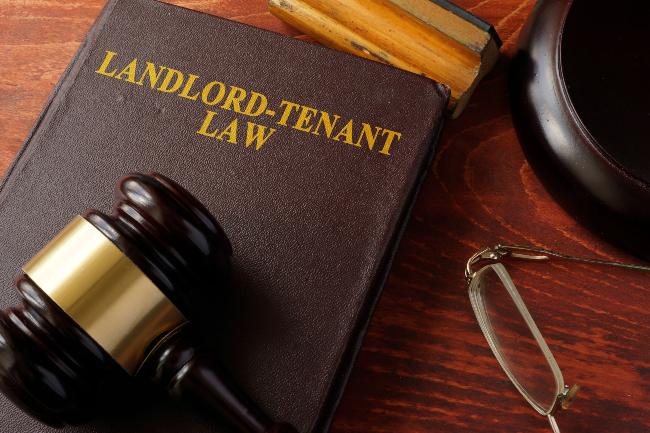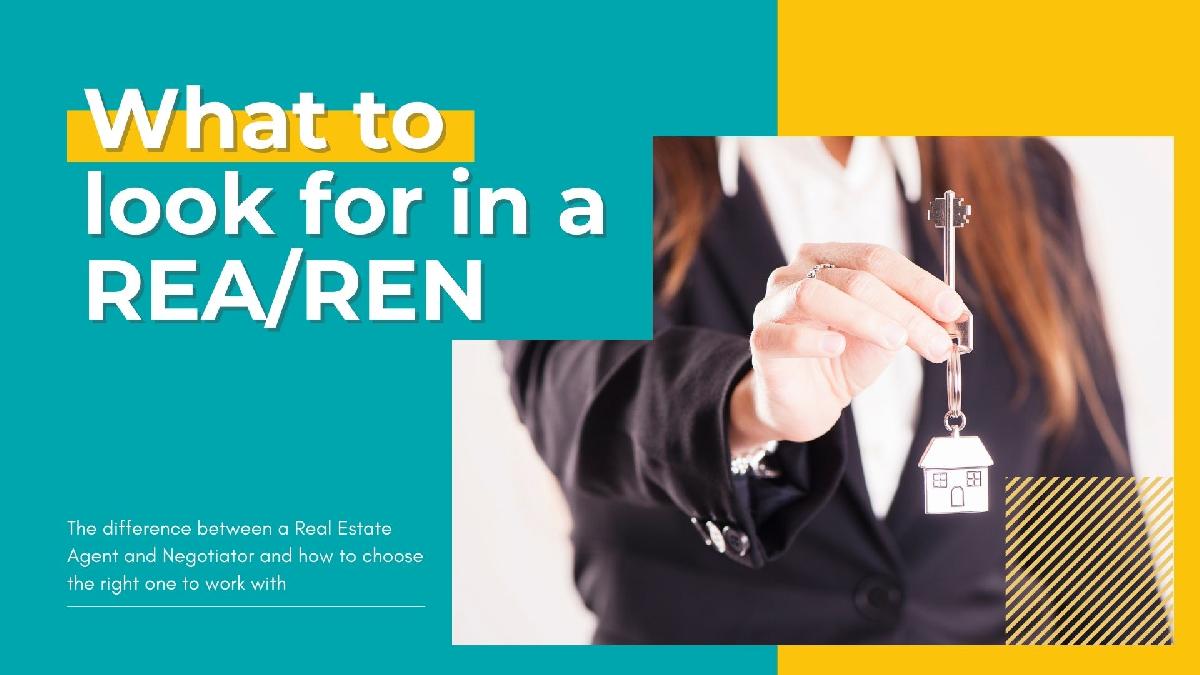There are a few steps you can take to protect yourself from a false agent, among them checking the ID tag for a BOVAEAP hologram, scanning the QR code to see if the details match, and doing an online search for their agency.
Unless you’re a seasoned investor with an impressive portfolio, it’s likely that the property industry isn’t something you’re 100% confident in.
You see, buying a property isn’t as easy as it may seem. There are loopholes that illegal brokers often use to their advantage – loopholes that you probably aren’t even aware of!
With that much money on the line, your property purchase isn’t the place to scrimp or be careless. For your own sake, make sure you’re dealing with a qualified professional.
Not sure how to verify if the REN (real estate negotiator) or REA (real estate agent) you’re dealing with is the real deal? Read below to find out how!
Are They A REN, Or A REA?
Did you know that your “property agent” may not actually be an agent, per se? In Malaysia, you’ve got Real Estate Negotiators (RENs), and you’ve got Real Estate Agents (REAs).
While they’re both qualified professionals certified with the Board of Valuers, Appraisers and Estate Agents and Property Managers (BOVAEAP), their scope of work varies.
In simpler terms, RENs work for the REAs. RENs have to undertake a two-day programme, or the “Negotiator’s Certification Course”, upon which they'll receive a certificate of attendance.
From there, they have to find a real estate firm to sponsor their application to become a REN. Only upon receiving their official tags are RENs allowed to operate in the industry under their firm.
REAs on the other hand, boast a whole lot MORE experience under their belt. And they’re mandated to do so too!
To receive their REA license, these professionals have to pursue a diploma, undertake two years of work experience, and submit their work log regularly to BOVAEAP for appraisal. Whew!
You can read more on how RENs differ from REAs here. Basically, it’s important you know how to differentiate the two, as there are certain limitations as to what RENs are allowed to do.
For example, RENs cannot open their own agency, and must at all times, be linked to a registered real estate firm to undertake work within the industry.
And for what it’s worth, not just anybody can open a real estate agency firm! Only those registered with BOVAEA are entitled to do so, and the firm can operate as either a sole-proprietorship, partnership, or corporate body (Sdn. Bhd.)
A sole-proprietorship is the most common structure of business, whereby it’s owned and managed by only one individual. Think of it as a one-man show where there’s only one boss to report to.
For sole-proprietorships, the proprietor must be registered with BOVAEA, and the same goes for partnerships — both partners must be registered too.
However, for corporate bodies, it only needs at least 2 of the directors to be registered. The majority of the directors must be registered, so if there are 5 directors, at least 3 must be registered.
Registered real estate firms are also NOT allowed to operate from shared business centres (like co-working spaces) or virtual offices. If your agent brings you to a co-working space and claims it’s their office/headquarters, that’s a red flag!
Read this article to learn how to detect and protect yourself from an illegal REN or REA.
This article was contributed by PropertyGuru.

.jpeg)





.jpg)


.jpg)


.jpeg)
